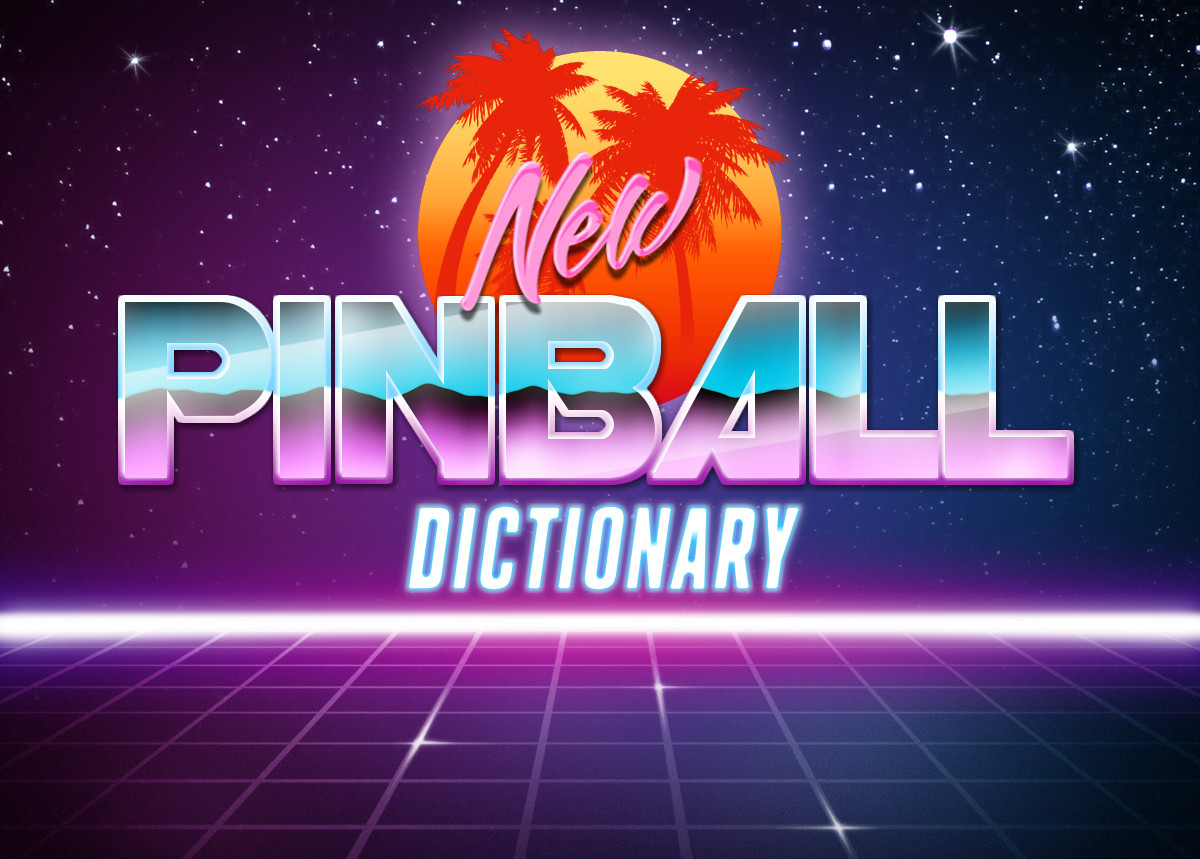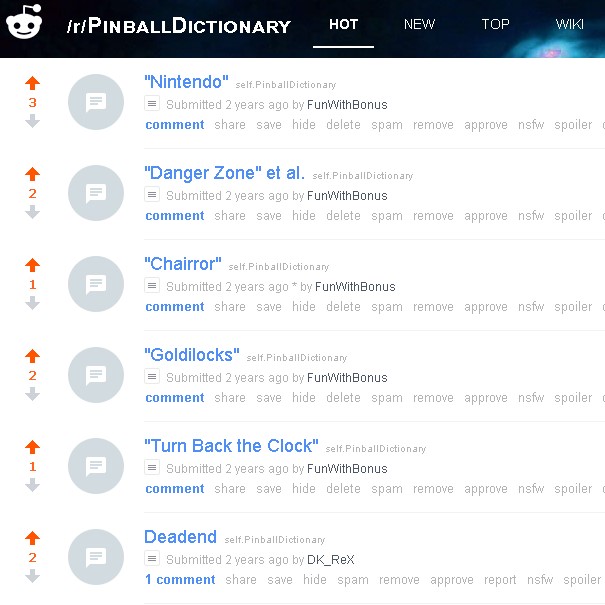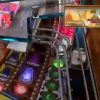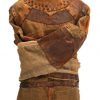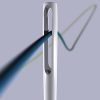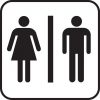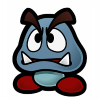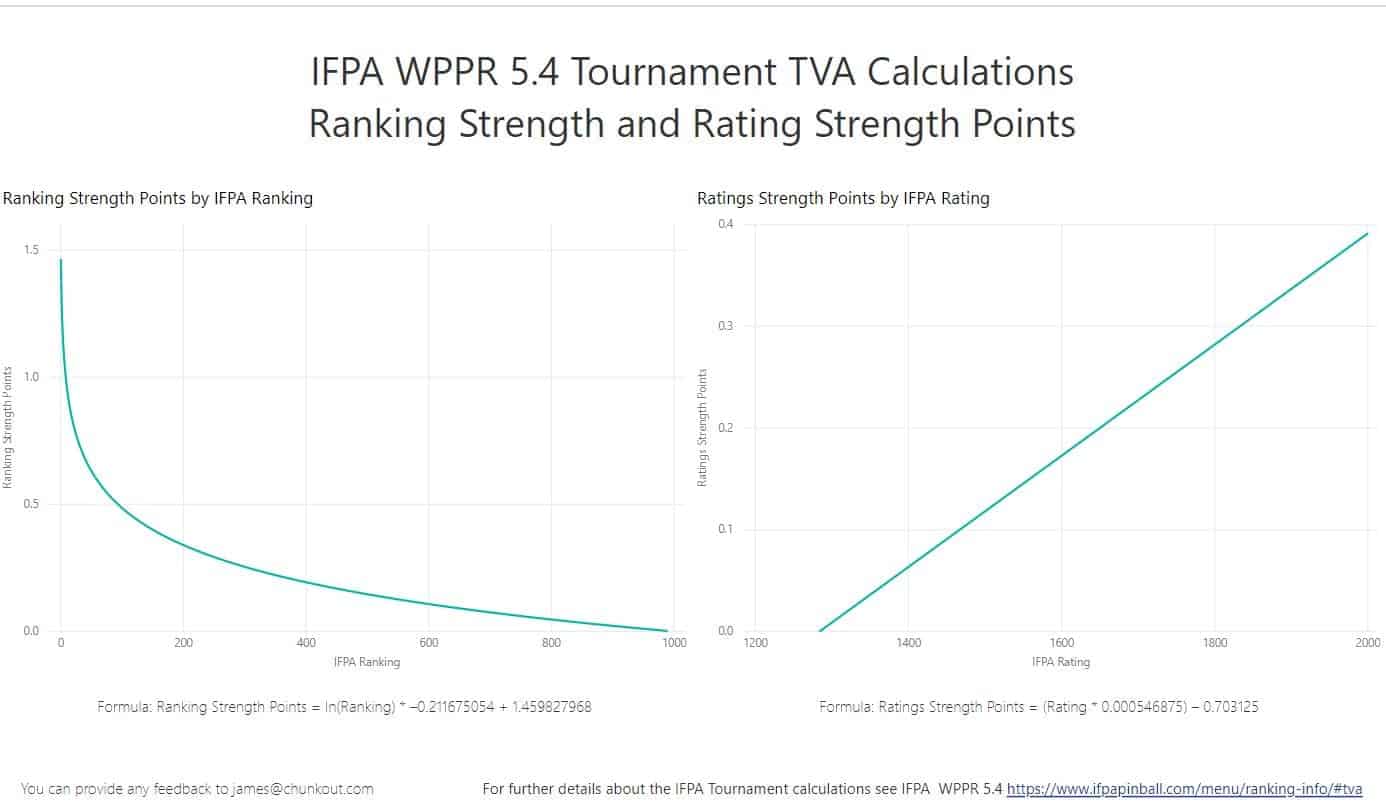
Triangle Pinball promotes competitive pinball play in the Raleigh/Durham/Chapel Hill (North Carolina) area.
With IFPA ranked competitive play returning imminently, Ovid Dillard described what that means to you if you are an aspiring tournament or league player.
Via Triangle Pinball on facebook:
August 1st will mark the return of IFPA-sanctioned events. Sanctioned events were suspended in March 2020, so with the influx of new players, I think this is a good opportunity to talk about what IFPA is and how points and rankings work.
IFPA (International Pinball Flipper Association) was originally founded by Roger Sharpe and Steve Epstein with the goal of promoting competitive pinball. The modern IFPA is run by Roger Sharpe’s son, Josh Sharpe, and there are 75,000+ ranked people worldwide.
How do I become a world ranked pinball player?
Easy. Show up to one IFPA tournament. Pay a $1 entry fee. Finish dead last. Boom, you’re ranked.
Go to https://www.ifpapinball.com/calendar/ to find an IFPA tournament near you. Once the results are submitted by the tournament director, search for your name in the player directory: https://www.ifpapinball.com/players/find.php . On this page, you can see your state and world rankings, tournament finishes, and head-to-head records against your buds. You’ll also find your IFPA number. This is important to remember for each future tournament you go to because if you have some basic name like John Smith, your next tournament director may not be able to easily identify you without your IFPA number.
How do I go from being known as the “Guy Checking the McDonalds Dumpster for Monopoly Peel-Offs” to “Number 1 Pinball Player in the World”?
Whoa, slow down. Let’s start at the local level first. You need to start winning some tournaments. Each year, the top 20 tournaments (points-wise) that you compete in for a state count towards your overall State ranking.
Let’s say in 2022 you have:
-25 tournaments in North Carolina
-12 tournaments in South Carolina
The top 20 of the 25 NC tournaments would count toward your NC ranking, and all 12 in SC would count toward your SC ranking. For state rankings, the state in which the event takes place is the state that the points count towards. At the end of the year, the top 16 in the state (or top 24 if you are in a super-state) compete in the State Championship. You may only compete in one state championship, so in January 2023, you will need to declare the state you are competing in.
OK, cool. Top 20 tournaments in the state for the year. What about my World Ranking?
World ranking is determined by your top 20 tournaments for the past 3 years. Tournaments are worth their full value for the first year. Then they depreciate to 75% in year 2, then 50% in year 3, until they finally drop off your ranking after 3 years. It’s a way to give a clearer picture of who’s the best in the world right now, without totally devaluing past performance (until year 3).
Right, so I’m going to set up a weekly tournament in my area with 5 of my closest friends, win all of them, and I’ll be number 1 in the world right?
Easy, Lance Armstrong. The answer is no, you won’t be number 1 in the world with this strategy. You might be number 1 in Arkansas or North Dakota, but it’s not going to work to get you to number 1 in the world.
Why not?
You need tournaments worth a lot of points. The more people that show up to a tournament, the more points it’s worth. The more games you play in a tournament, the more it’s worth. The more Keith Elwins that are in the tournament, the more it’s worth. At some point, the IFPA was taken over by math nerds. The math nerds had one goal in mind…to make things as simple and fair as possible by creating a system that is as complicated and nuanced as possible. I will try to break down what the math nerds have created:
The formula for the number of points that the first place finisher receives in a tournament is basically:
First Place Points = TGP% x (Base Value + Rankings Value + Ratings Value)
Huh?
OK stay with me. The math nerds are powerful.
TGP% = Total Games Played Percentage. This value basically represents how long the tournament is, and it ends up being a value up to 100%. If you’re in an all-day tournament, its probably going to be 100%. If its a quick 2 hour tournament, its going to be closer to like 40%.
Base Value = The base value is determined by the number of people in the tournament. Each person counts as 0.5 points. If you have 10 people in the tournament, the base value is 5 points. **Math Nerd Caveat!!** A person is not counted as a person until they have competed in a minimum of 5 tournaments. If you pull 24 people off the street who have never competed in a tournament before, and then add yourself (who has competed in 78 tournaments), the base value will be 0.5 (not 12.5).
Rankings Value = If you’ve got the number 3, 12, and 15 players in the world in your tournament, theyre going to contribute more Ranking points than if you’ve got numbers 19345, 4234, and 16003. See the attached chart that the math nerds put together that show the Ranking points contributions.
Rating Value = Every player has a rating that is changing with each tournament they play. The perfect player is rated 2000 (no finishes below first place). If you only play your 5 friends in Sheboygan, and you win every time, you would be rated 2000. If it seems like ratings and rankings are similar, they can be. However, ratings can benefit a player who doesn’t travel nationally to achieve high rankings, but still wins often locally.
http://chunkout.com/wppr/WhatWPPRs.php is a great resource if you have a Matchplay event to see the point contributions per player.
https://www.ifpapinball.com/tgpguide/ is a great resource for TGP% calculation.
Ok, so you do the calculation, that gives you the first place points, and then there’s some kind of linear distribution down the line for all other finishers.
You said something about $1 entry fee at the beginning. What’s that for?
Every IFPA tournament costs $1 fee to enter. Here’s where that $1 goes:
$0.75: State Championship Prizes
$0.20: National Championship Prizes (Win your state. Go to Nationals.)
$0.05: Math nerds
OK, I get it. Points. Calculations. How do I get to number 1?
Well check out how the guy that IS Number 1 did it. He’s called Raymond Davidson.
https://www.ifpapinball.com/player.php?p=2576
He doesn’t win everything, but he goes to a lot of tournaments with high values (lots of players, long tournaments) and he finishes high in them.
So that’s it. IFPA. Starts again August 1. Bring your dollars. Beat everyone. Brag to everyone at work about how big of a deal you are.
Source: Triangle Pinball on facebook
https://www.facebook.com/groups/trianglepinball/


![]()





![]()



* Follow on Twitter: Fun With Bonus * |
* Follow on Facebook: Fun With Bonus * |
* Follow on Instagram: Fun With Bonus * |

